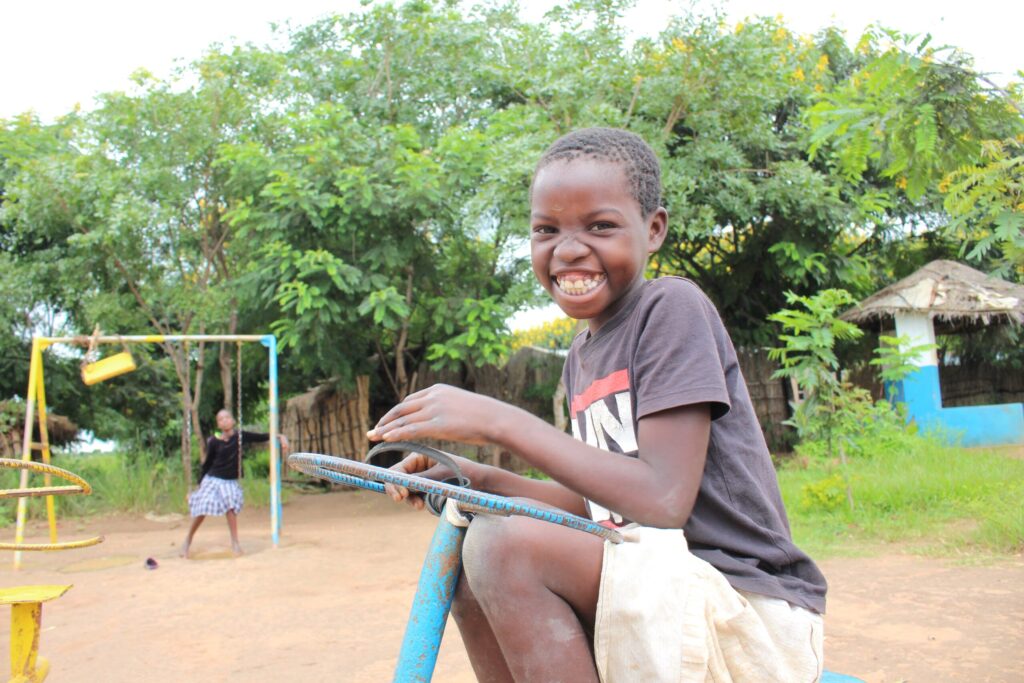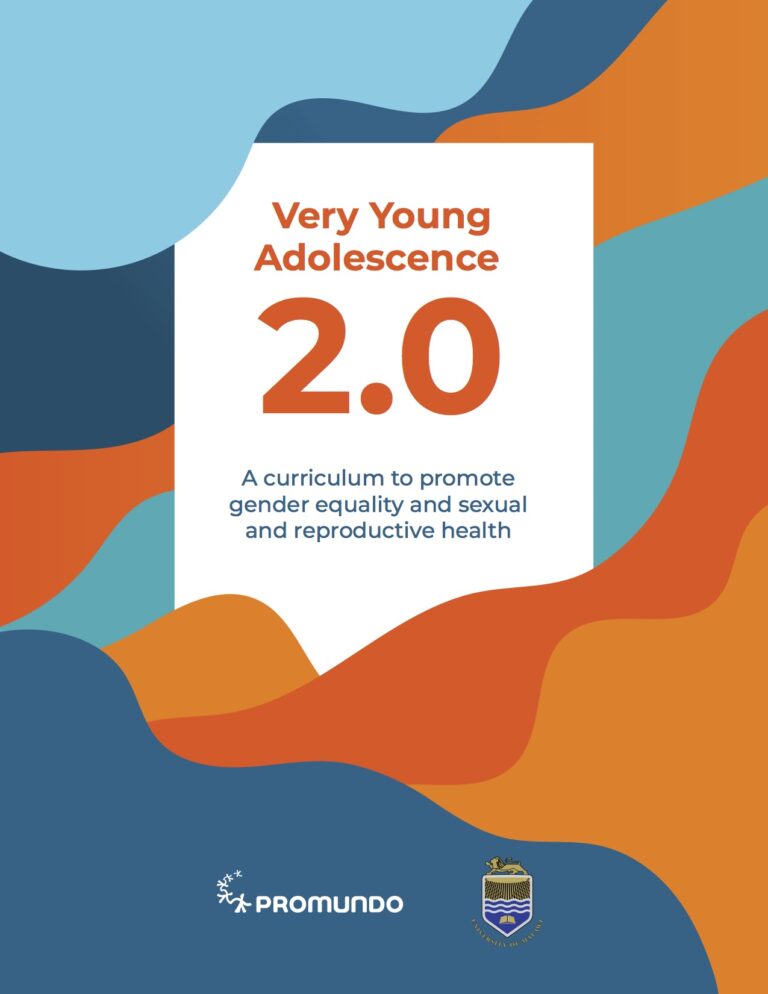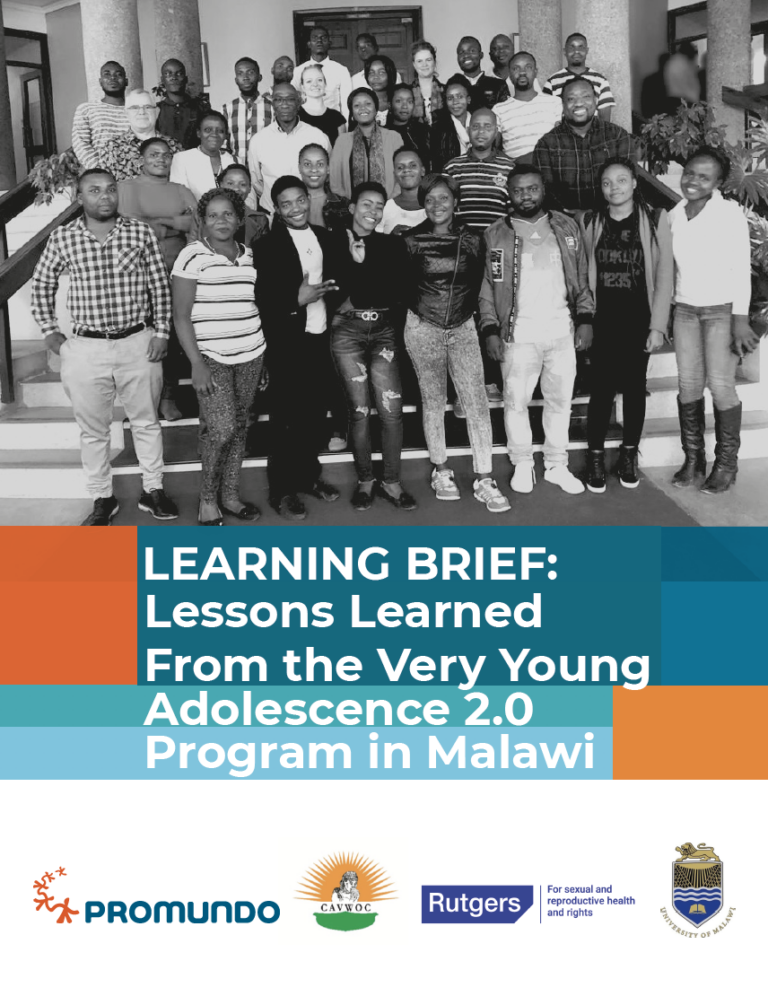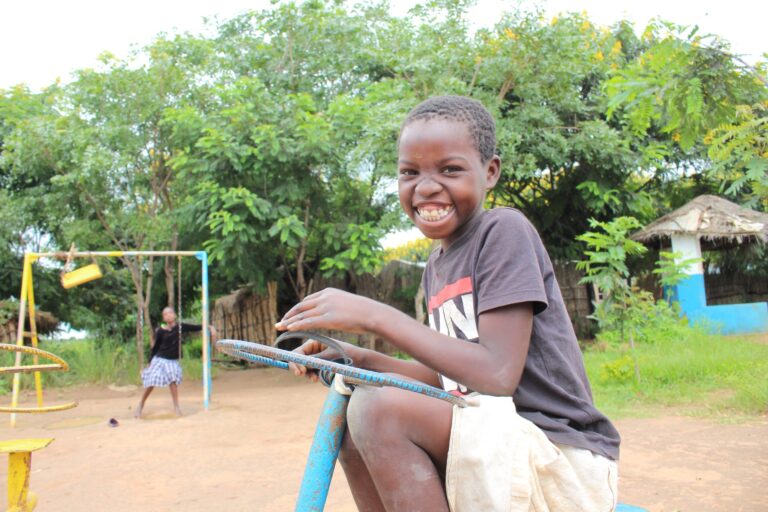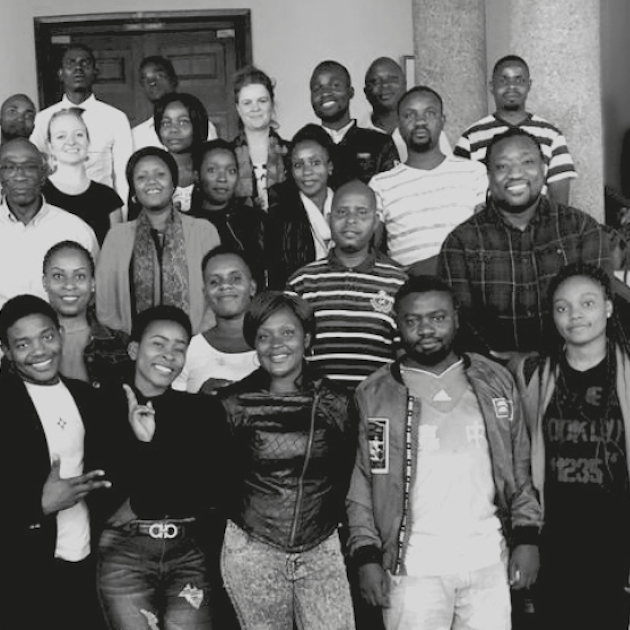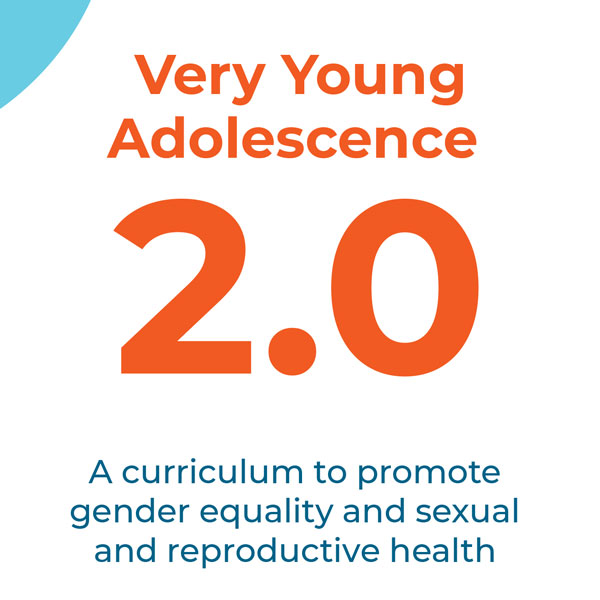This Children’s Awareness Month, we’re spotlighting programming and support for young people under 18 years old – across both Equimundo and the Global Boyhood Initiative. We believe that young people deserve to live full, healthy, and happy lives and we believe that they need information to do so. Our programs for young people focus on helping them critically reflect on and change harmful attitudes and behaviors, and, through partnerships, span multiple countries across the globe. In 2019-2020, Equimundo’s partners in Malawi – University of Malawi College of Medicine and the Centre for Alternatives for Victimized Women and Children (CAVWOC) – began implementation of Very Young Adolescence 2.0, a youth program that aims to engage very young adolescents in questioning, recognizing, and challenging harmful gender norms and unequal power dynamics, with the target of promoting gender equality and improving sexual and reproductive health (SRH).
More specifically, its goals are to help children:
- Recognize and question unequal relations of power and privilege that undermine very young adolescents’ well-being;
- Recognize and challenge harmful gender norms to promote girls’ agency and empowerment and boys’ care and connection to others;
- Learn to appreciate the sexual and reproductive changes happening to their bodies in age-appropriate and “body-positive” ways; and
- Recognize violence and develop the skills to challenge and prevent it.
Unfortunately, the program was cut short by safety measures put in place as a result of COVID-19, with only five of 12 sessions being implemented across most locations. Despite the reduced implementation, facilitators and practitioners observed significant changes among participants, mainly:
Youth showed that they were more comfortable and confident to speak up in sessions as they went on; according to one facilitator,
They opened up a lot, and they could talk about [the issues] and voice their opinions. It was a big change that I noticed. It was different in different groups in terms of when it happened.
Facilitators also saw that participants, while initially shy, were eager to sit near each other and interact in mixed groups over time. As the youth discussed and debated gender roles, facilitators saw a change in how young male participants defended the importance of equality between men and women and how the youth learned to question gendered statements (e.g., “It is a girl’s responsibility to do X”). This was a remarkable shift, one facilitator noted, because it showed that boys could question gender inequality in the future if they were ever confronted with such absolute statements in their personal lives. Facilitators also noticed an increase in confidence to speak up on the part of girls, with one facilitator saying:
Our culture usually says boys are supposed to be more active than girls, [but] you could see in these groups that their perception or values changed.
In one school that implemented VYA 2.0 until Session 5 (focused on violence), facilitators observed an increase in the number of gender-based violence cases being brought by youth participants, which facilitators were largely able to address by helping (in some cases) report these cases to local authorities. In addition, facilitators had hoped to launch a school-wide gender-based violence awareness campaign with youth by the end of sessions, but unfortunately could not due to COVID-19–related school closures.
A facilitator noted:
When we talked to learners about violence, they were able to identify scenarios in their own daily lives where they would not have been aware that they were violated. It touched their personal lives, some very directly.
Many facilitators also observed changes in how youth interacted at home. According to them, parents said that their sons were asking to help wash dishes and were sharing other household chores with their siblings; one facilitator noticed that girls were playing football/soccer. A facilitator said:
[Session 3] caused one student to say he was a boy, he can carry his baby sister on his back.
VYA 2.0 is a 12-week program adapted for youth aged 10-14 from Equimundo’s existing programmatic tools. The program was informed by early adolescent development findings from the GEAS and by a round of pilot testing in Malawi conducted in 2017.
Read the full learning brief here.
